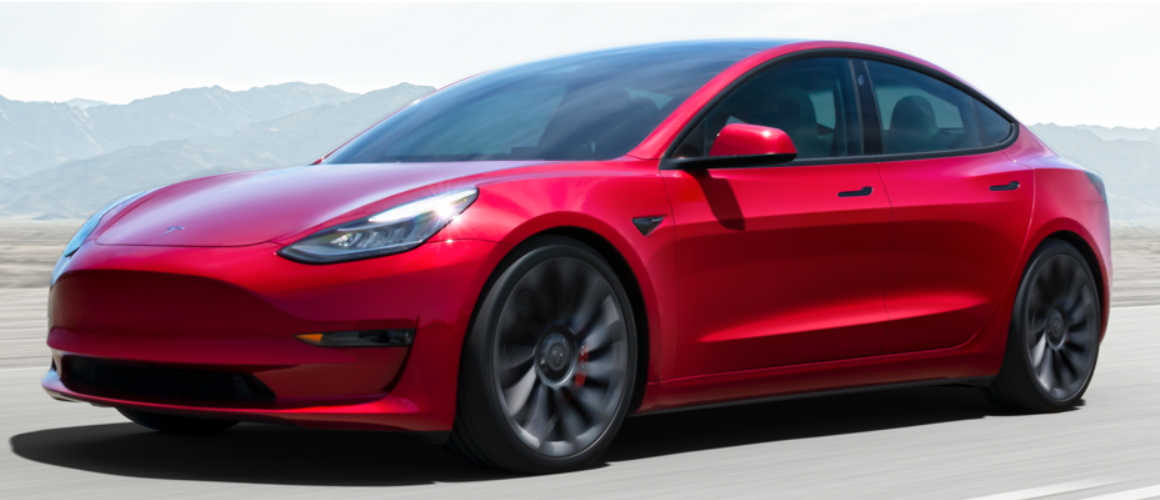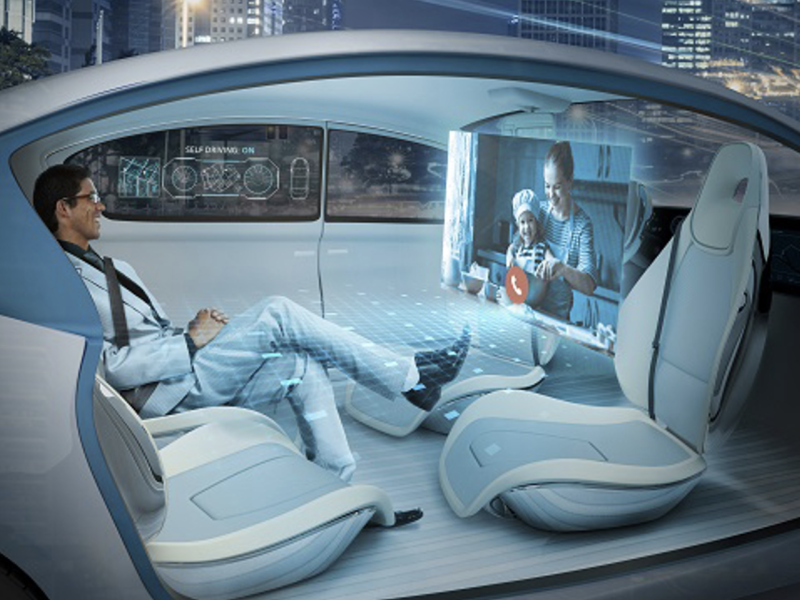Introduction
Tesla and Lucid are two companies that are at the forefront of the electric vehicle (EV) market. Both companies have made significant strides in the development and production of EVs. They have gained a large following among consumers who are interested in sustainability and reducing their carbon footprint. In this article, we analyse the strengths and weaknesses in a Tesla and Lucid comparison. We are looking at various factors such as their products, financial performance, and overall business strategy.
Tesla and Lucid Comparison
One of the main strengths of Tesla is its well-established brand and reputation. Tesla has been around since 2003. It has established itself as a leader in the EV market, with a loyal customer base and a strong presence in the media. In contrast, Lucid Motors is a relatively new company, having only been founded in 2007. While it has gained significant attention in recent years, it has not yet achieved the same level of brand recognition as Tesla.
Another strength of Tesla is its broad product range. The company offers a range of EVs, including sedans, SUVs, and semi-trucks. In contrast, Lucid Motors currently only offers one model, the Lucid Air, which is a luxury sedan. Lucid Air has received praise for its impressive performance and range. However, the company’s product range is much more limited compared to Tesla.
In terms of financial performance, both Tesla and Lucid have had their ups and downs. Tesla has had a volatile stock price, with significant fluctuations in value over the years. However, the company has consistently posted strong financial results, with increasing revenues and profits. In contrast, Lucid Motors has not yet started producing and selling vehicles on a mass scale. It has not yet reported any financial results.
One area where Lucid has an advantage over Tesla is in its focus on sustainability. The company has made a commitment to using sustainable materials in the production of its vehicles, and it has partnered with sustainability-focused companies such as the Carbon Trust. In contrast, Tesla has faced criticism for its environmental impact, including its reliance on lithium-ion batteries, which have a high carbon footprint.
Another strength of Lucid is its partnerships and collaborations. The company has formed partnerships with several major players in the automotive industry, including Saudi Arabian investment firm Public Investment Fund and Chinese EV maker Beijing Automotive Group. These partnerships give Lucid access to funding and expertise, which can help it accelerate its growth and development. In contrast, Tesla has largely operated as an independent company, relying on its own resources and expertise.
A weakness of both Tesla and Lucid is their reliance on government subsidies and incentives to promote the adoption of EVs. In the United States, both companies have benefited from federal and state subsidies and tax credits. These incentives have helped to make their products more affordable for consumers. However, these subsidies are not available in all countries, and their availability can be uncertain, which can make it difficult for the companies to plan for the long term.
Is there a winner?
Overall, in this Tesla and Lucid comparison, both companies show strengths and weaknesses. Tesla has a well-established brand and a broad product range, but it has faced criticism for its environmental impact. Lucid has a focus on sustainability and has formed partnerships with major players in the automotive industry, but it has a limited product range and has not yet reported any financial results. Both companies are operating in a rapidly-evolving market and will need to continue to adapt and innovate in order to succeed in the long term.
(Adapted from OpenAI conversation)






